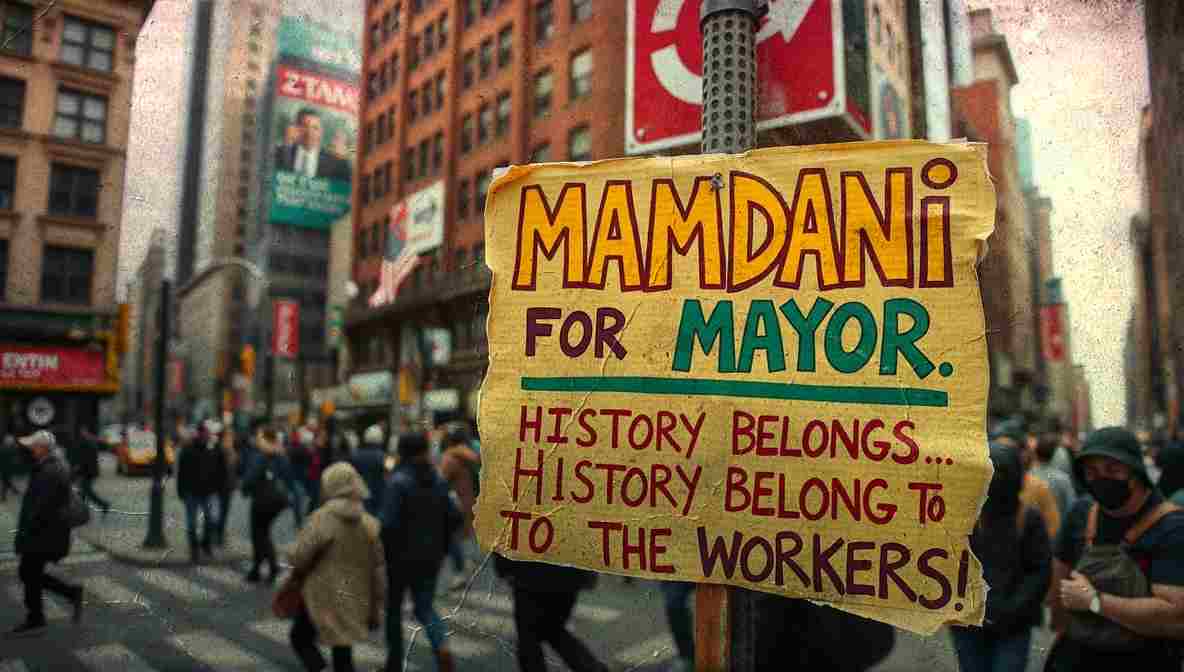Costs, savings, and policy implications of universal child care in NYC
Costs, savings, and policy implications of universal child care in New York City
Examining the economic and social impacts of Mamdanis proposal
Newly elected Mayor Zohran Mamdani has proposed a comprehensive universal child care plan for New York City, aiming to make early childhood education accessible to every family, regardless of income. Analysts note that the proposal addresses critical needs in urban child development, workforce participation, and long-term economic growth. ([cbsnews.com](https://www.cbsnews.com/news/zohran-mamdani-universal-childcare-nyc/))
Experts estimate that implementing universal child care in NYC could cost between $4.5 and $6 billion annually, depending on enrollment rates, staffing requirements, and facility expansions. However, economists argue that savings from reduced parental absenteeism, increased workforce participation, and long-term educational benefits could offset much of the cost. Studies by the National Bureau of Economic Research indicate that high-quality early childhood programs generate a 7-10% return on investment through higher earnings, reduced criminal justice costs, and improved health outcomes. ([brookings.edu](https://www.brookings.edu/research/early-childhood-education-costs-benefits/))
Mamdanis plan emphasizes inclusivity, aiming to serve both middle- and low-income families while offering subsidies for those in need. This approach contrasts with existing NYC initiatives that are often income-restricted or capped in enrollment. Advocates argue that universal access reduces disparities in early learning outcomes and promotes social equity, citing research from the Urban Institute and OECD. ([urban.org](https://www.urban.org/research/publication/universal-child-care-urban-impact))



